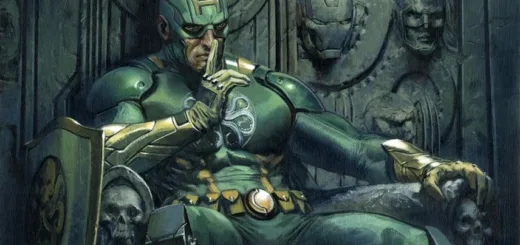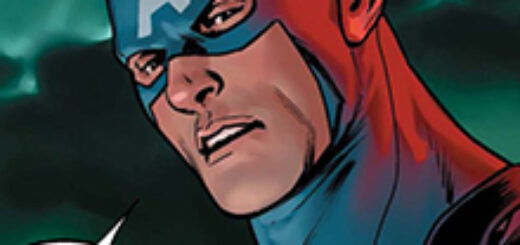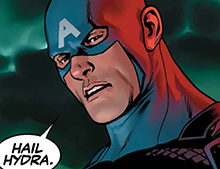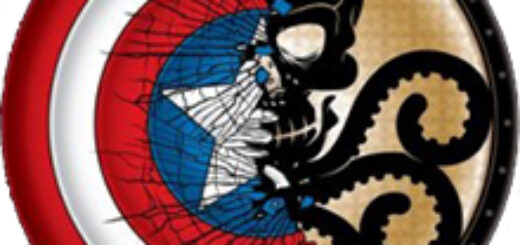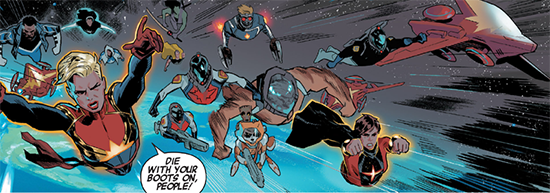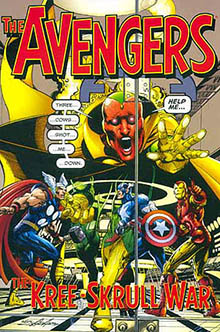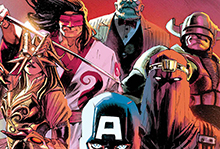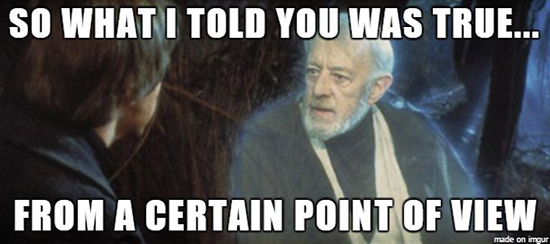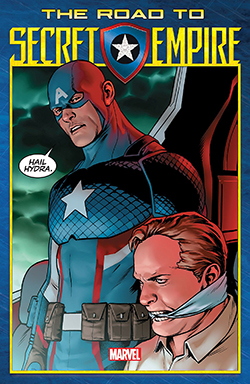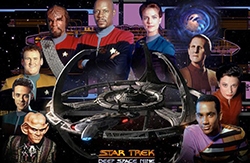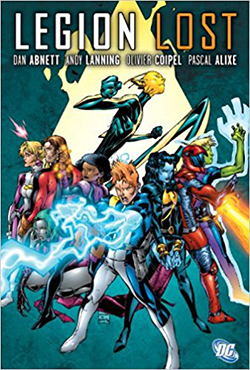The Law Is A Ass #454: Captain America Says Intern Stage Right
When I was younger, so much, much younger than today, Marvel published an epic called “Secret Empire.” It ran in Captain America for seven months back in 1974 and was a classic.
In 2017, not only was I much, much, much older, but Marvel ran another Secret Empire saga. This one ran even more months and made people with class sick.
Yes, that’s an over simplification and not completely accurate. There were many people who didn’t like this Secret Empire, so the odds are in favor of some of them having class. Still, while it’s true that there’s no accounting for taste, I just can’t make anyone liking this story add up. And it’s not because I have no taste for accounting.
The premise of Secret Empire boiled down to this; Captain America’s sworn enemy the Red Skull had a sentient Cosmic Cube, which identified as a little girl named Kobik, alter Cap’s memories so that he was now a sleeper agent for Hydra. Ultimately, Cap became the Supreme Hydra and he and Hydra took control of the United States, turning it into a fascist dictatorship.
Secret Empire had all the sensitivity and feeling of a zombie on novocaine. Marvel currently uses Hydra as a stand-in for Nazis, because Marvel comics and movies are sold globally and many countries have laws making it illegal to show swastikas or other symbols of the Third Reich. So for all intents and purposes other than the symbology, Hydra is the Nazis.
Captain America was the 1941 creation of Joe Simon and Jack Kirby, two Jewish men who saw what the Third Reich was doing to the Jews in Europe while prominent Englanders preached appeasement and America practiced isolationism. Simon and Kirby wanted to create a symbol who could, and literally did, punch Hitler in the face. To make Simon and Kirby’s symbol of freedom the head of a stand-in for the Third Reich is like driving with a ten-speed problematic transmission.
Secret Empire went on for twelve issues of its own comic, including the zero issue and the aftermath issue. But wait, there’s more. It also crossed over into something like fifty-five issues of other characters’ comics, oh and another forty-one aftermath issues. I think. I could have missed an issue or two along the way. In fact, I know I missed an issue or two along the way. Who could afford to buy all those comics?
Secret Empire ended when the real Captain America, who was inside Kobik’s mindscape, convinced her to fight back. She did. And with the help of the Winter Soldier, Kobik and the real Captain America escaped her mindscape into to the world. Then Cap beat up Hydra Cap and Kobik used her comic powers to restore the world to its natural state. Kind of a deus ex cubus.
During the course of Hydra’s rule over America it did many things including, and this is where my column comes into it, interning Inhumans, so that they couldn’t use their powers against Hydra. At the end of the story, something had to be done with those interred Inhumans. Fortunately, in Secret Empire #10, the newly-reinstated United States government did the right thing; it released the Inhumans. Unfortunately, when it did the right thing it also did something wrong; it released the Inhumans with strings attached.
Before the government gave an Inhuman his or her release, it asked them to give the government a release by signing a form which “indemnifie[d] the United States government for any harm or harassment you were the victim of” during the internment. It also told the Inhumans they could have a lawyer look over the form, but any Inhuman who wanted that would have to go to another line; implying that their release might be delayed in bureaucratic red tape. Most signed. Maybe all. The comic spent all of three panels on this questionable practice, so it didn’t give us actual numbers.
The thing is, the Inhumans had committed no crimes, made no threats, or done anything by which the United States could justify imprisoning them. So the government was sorta, kinda required to release them because of that pesky old Constitution we keep talking about here in “The Law Is a Ass.” Not releasing the Inhumans would have caused much a due about process.
So if the government was required to release the Inhumans – and it was by cases such as Ex parte Endo – which said the US government could not continue to inter a Japanese citizen who was loyal to the government – it wasn’t very nice of the government , if not downright illegal, to coerce the Inhumans to sign a release from liability before they could get a release from custody.
When the government released the Japanese citizens it had interred during World War II, I don’t think it required them to sign release forms. In fact, a few decades back a federal appeals court ruled that formerly interred Japanese had the right to sue the U.S. government in court even though the suits were brought outside of the statute of limitations window. That fact would strongly suggest the government didn’t require signed release forms, but I don’t know this for a fact. George Takei, who actually was interred, might know. Unfortunately, I don’t know how to ask him.
I do know that inmates who are released from prison after introducing evidence that they were actually innocent are not required or coerced into signing release forms before they are released. I know this because many of these individuals who are released for actual innocence, including one who was a former client of mine, sue the government for wrongful imprisonment. Frequently with success, including one who was a former client of mine. If prisoners who didn’t actually do anything wrong aren’t asked to sign release forms, than interned Inhumans who didn’t do anything wrong shouldn’t have been asked to do so either.
Or, to paraphrase the Bard – because who among us doesn’t paraphrase the Bard from time to time – the evil that men did to the Inhumans lives after them; the good Inhumans shouldn’t have been interred with their bones.

